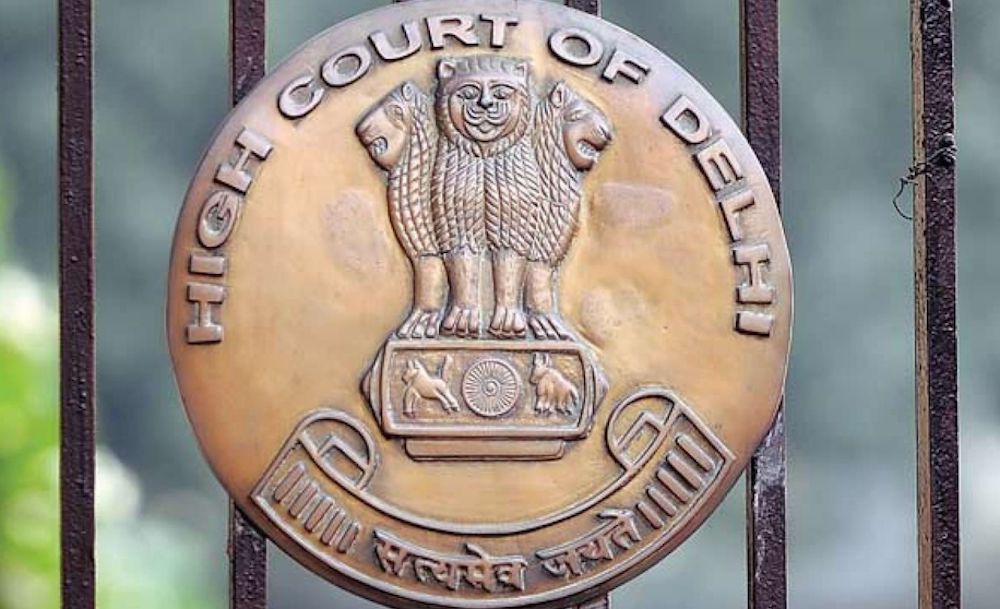Aastha Thakur
Published on: 06 September 2022 at 21:43 IST
In response to a complaint contesting the programme for paying the school fees of low-income pupils from minority communities, the Delhi High Court has served notice to the Delhi Government, its Directorate of Education, and Delhi Minorities Commission.
The respondents were ordered by a division bench consisting of Chief Justice Satish Chandra Sharma and Justice Subramonium Prasad to submit their reply by January 13 when the matter would be heard again.
Attorneys Awantika Manohar and Dhawesh Pahuja argued in the petition submitted by Chartered Accountant (CA) Avinash Mehrotra that the policy violates Articles 14 and 15 of the Constitution because it only reimburses tuition for students who are members of minority communities and whose family income is less than 3 lakhs annually.
The petition submitted by the petitioner counsel states that, “Article 15(6) of the Constitution enables a State to create a special provision for economically weaker sections of society. It does not however permit the State to give a benefit only to economically weaker sections of society from particular religions or castes.”
“Any benefit or provision enacted on the basis of the enabling provision Article 15(6) should apply and benefit all persons who are below a threshold income level, failing which such a policy is also unconstitutional.”
The constitutional bench of the SC in M Nagaraj v. UOI ruled that in order to justify any special provision for backward classes, the State needs to collect quantifiable data on the basis of which it must determine backwardness.
The policy, the petition argued, violated Articles 14 and 15 of the Indian Constitution because no such exercise was conducted in the current instance.
The petition further said that changing the policy such that it does not restrict the benefit to exclusively minority populations is the only way to overcome the constitutional obstacle.
“If Reimbursement of fees is provided to all people who belong to low-income families, the policy would fall within the enabling provision which is Article 15(6). If, however, the same is not economically feasible for the Respondents, they would have no choice but to recall the impugned policy as the same does not fall within the four corners of the enabling provision found in Article 15,” the petition said.

